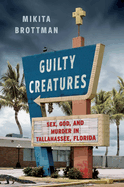Alta, the poet and publisher who "founded what is believed to be the country's first feminist press--and who went by her first name only, so as not to be associated with the surnames of her father or husbands," died March 10, the New York Times reported. She was 81.
Shameless Hussy Press was a shoestring operation in 1969 when Alta began publishing books from her house on a hand-cranked offset printer in spineless, stapled chapbooks, like zines. The press published works by many notable feminist writers of the era, including the Black lesbian poet and activist Pat Parker and Mitsuye Yamada, whose Camp Notes and Other Poems was about her childhood in a U.S. internment camp during World War II.
Alta also published Ntozake Shange's poem for colored girls who have considered suicide/when the rainbow is enuf, which was originally performed in bars and coffeehouses before going on to fame as a play, first at the Public Theater in Manhattan and then on Broadway.
Alta recalled being bowled over by for colored girls when Shange sent it to her. "I was just stunned," she said in an oral history conducted for the University of California Santa Cruz. "I just kept reading it and reading it."
Much of second-wave feminism, like the leftist movement that preceded it, ran on print, and poetry was the perfect medium, the Times noted.
"It's like music," said poet, playwright, and essayist Susan Griffin, whose collection of poems, Dear Sky, and book of short stories, The Sink, were published by Shameless Hussy Press. "It expresses things you haven't quite integrated into your rational mind. It's the cutting edge of social change. Things would come out in poetry that later could be articulated in policy or ideas."
Remember Our Fire was Shameless Hussy's debut collection, featuring 10 poems by women. A celebratory reading, was held, but Alta later recalled that the contributors refused to attend: "To say that there was a supportive women's writing community in 1969 is not quite accurate."
Eventually the readings grew to the point where as many as 1,000 people attended, "and the poets, Alta included, were treated like rock stars," the Times wrote, adding that she "schlepped that first anthology, all 250 copies, along with a book of her own work, to the local bookstores, but only two welcomed it--one was Cody's Books, a beloved Berkeley institution on Telegraph Avenue--where they sold out in six months. Women began sending Alta their writing, digging in their drawers, as she put it."
By 1974, Alta was setting up at a card table at the American Booksellers Association show with the other indie presses, where she joked that they got traffic because they were next to the bathroom.
Her own work was described as salty and direct. "She was very much like her poetry," Griffin said. "Honest, playful, outrageous. She loved breaking the rules. She was like a female Charles Bukowski, and like Bukowski, she took great pleasure crossing lines."
From Alta's poem "In the Spring of My 35th year, Oakland, 1977":
Any day now, maybe any year now, let's not be hasty,
Maturity will come and I will stop lusting.
Or lust, rather, after things of the spirit, after insight and vision(s).
I will see beyond the smooth arms of sun tanned men and the soft breasts of women bending over roses.
I will see their auras, and our energy fields will touch, and I won't get VD anymore.
I have taught myself to look away from the young fellas, their eager cocks just waiting to snap out as I reach out.
I no longer look at them, no longer stare at their thighs in their jeans.
But it's backfired somehow, now I see bald heads as a good sign.
Those guys have a lot of hormones to work with,
and chubby tummies
are a sure sign of lusty appetites, oh jeez
When it closed in 1989, Shameless Hussy had published about 50 titles, including the 19th-century French novelist George Sand's The Haunted Pool, which had been out of print; Calamity Jane's letters to her daughter; and three volumes of Alta's own poetry. By the mid-1970s, Shameless Hussy's printing press had moved out of Alta's garage, and the books were being printed, now with spines, by a company in the Midwest.
From 2006 to 2008, Alta ran her own gallery in Berkeley, showcasing works by local artists. "My own poetry was only shocking because it hadn't been said a million times," she once said. "Now it's been said a million times. If you read my poems now, they'd say, 'What's the big deal?' "
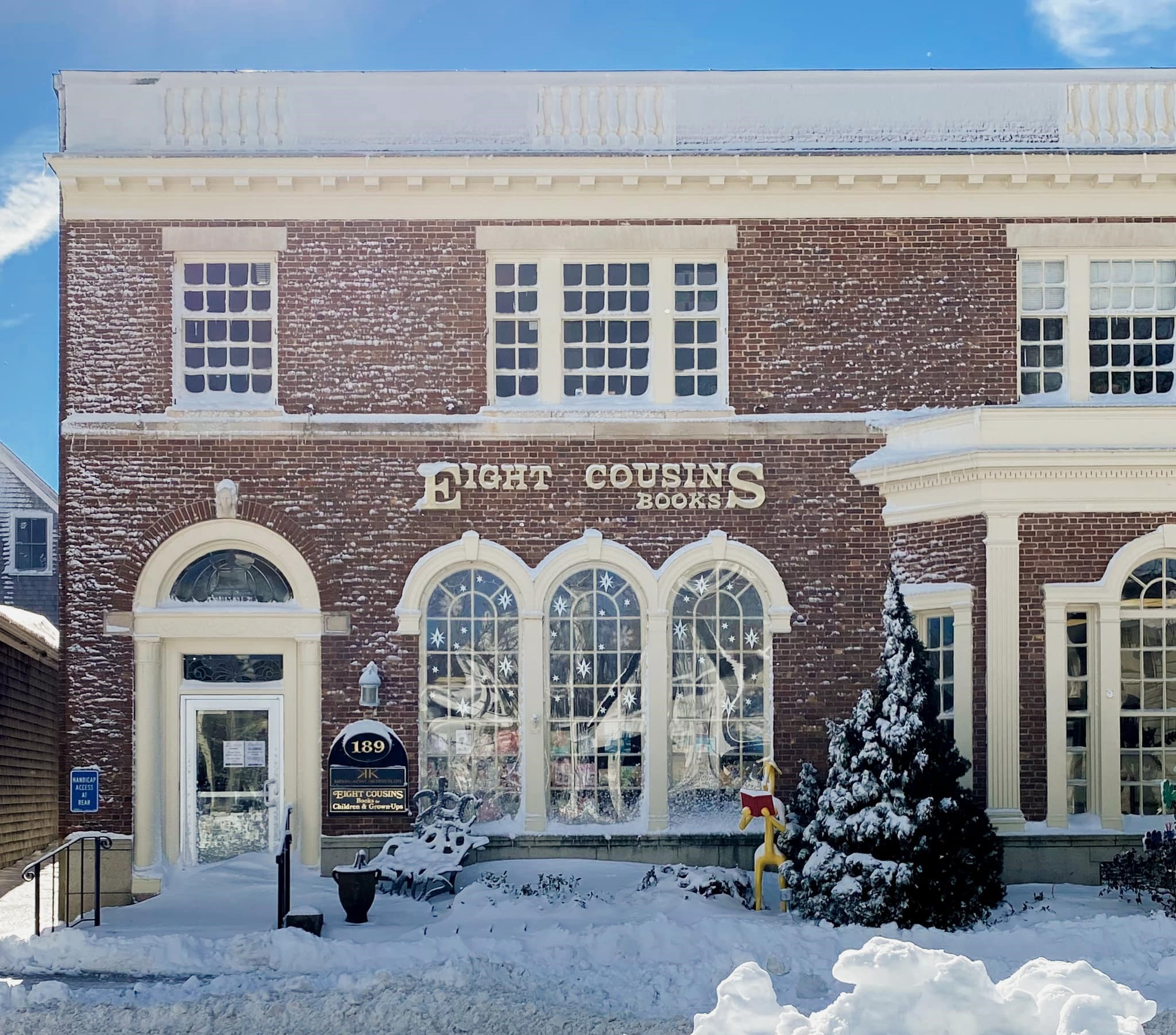 This summer, Eight Cousins Books in Falmouth, Mass., will expand into a second storefront, doubling its size.
This summer, Eight Cousins Books in Falmouth, Mass., will expand into a second storefront, doubling its size.







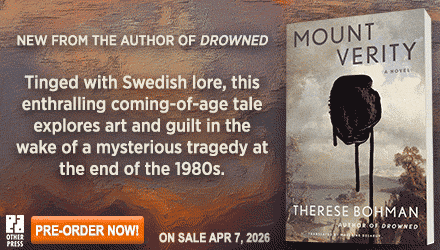
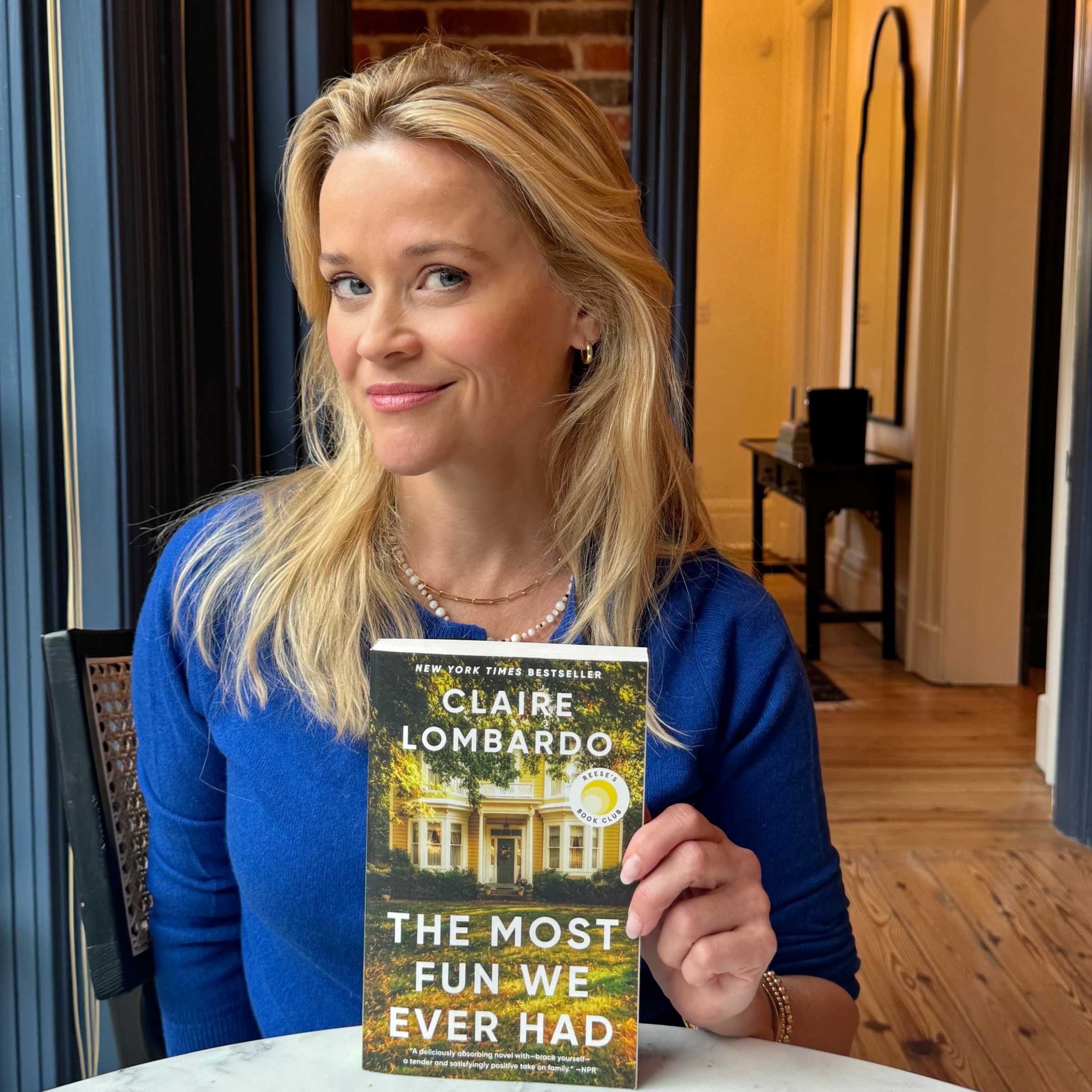
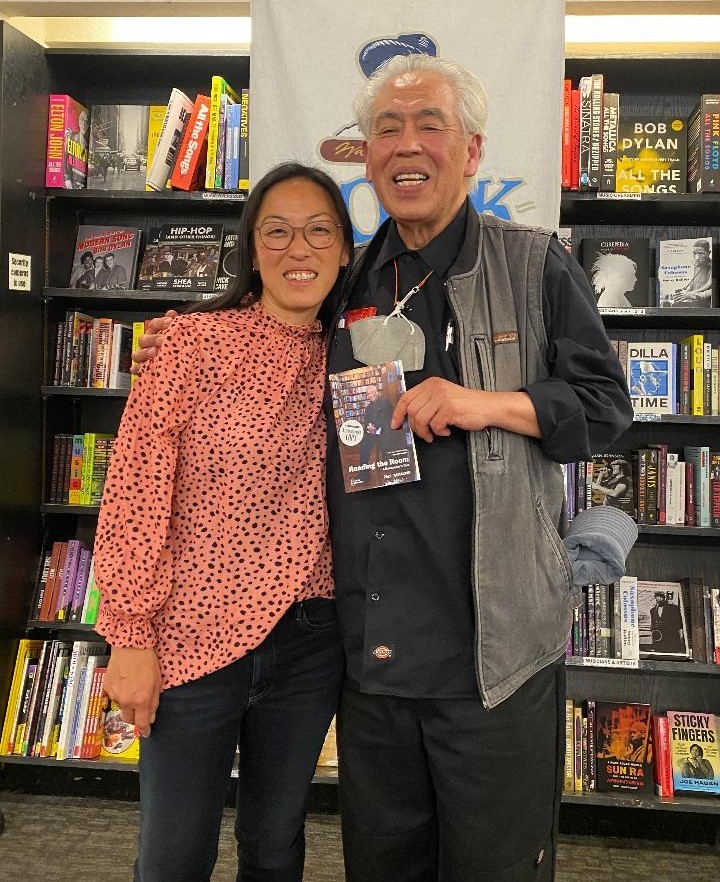
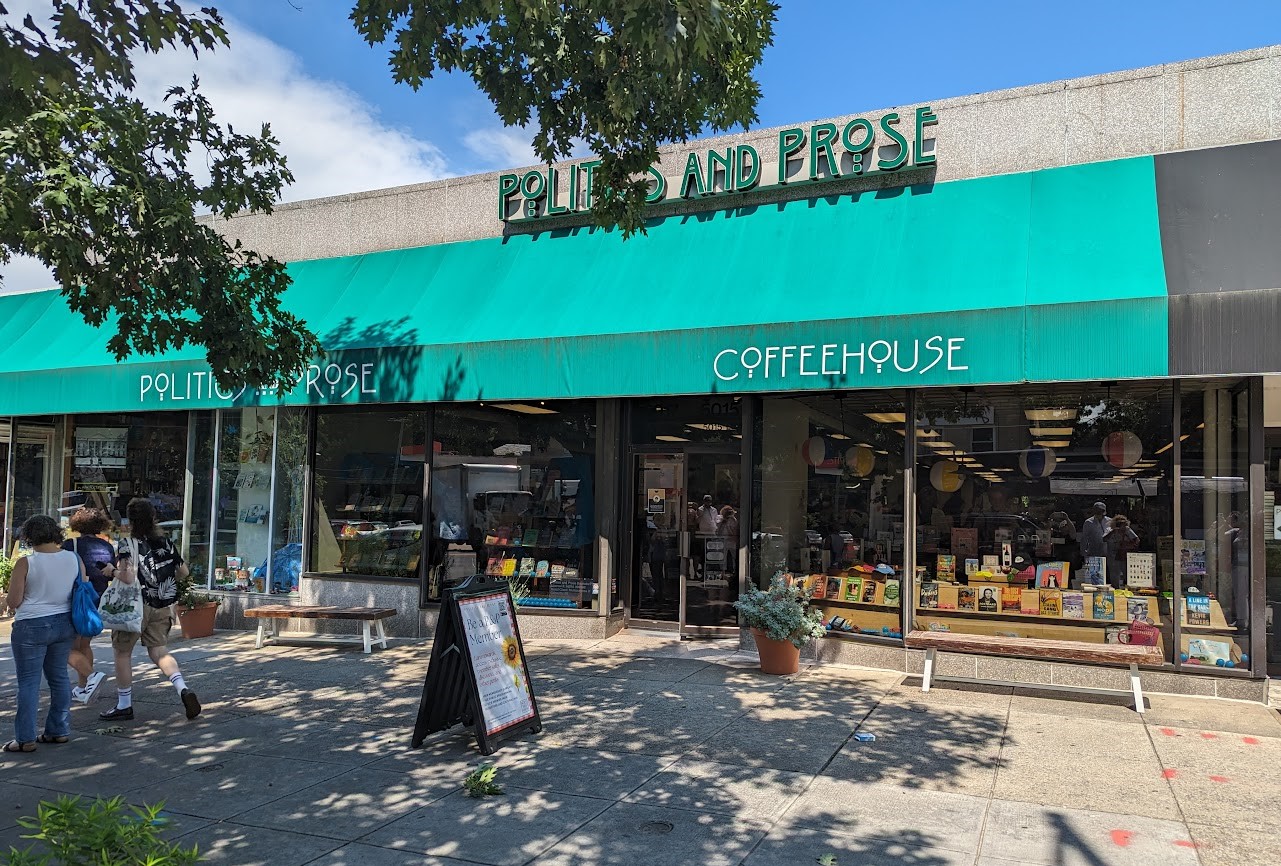 Congratulations to
Congratulations to 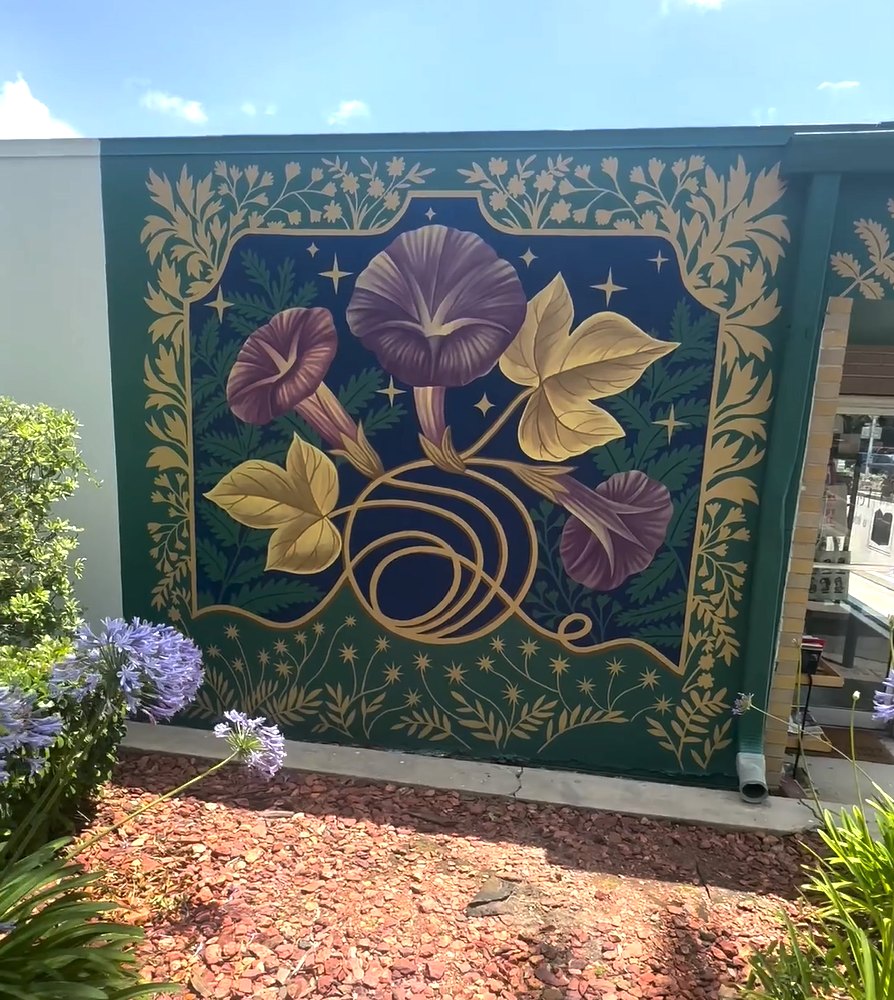
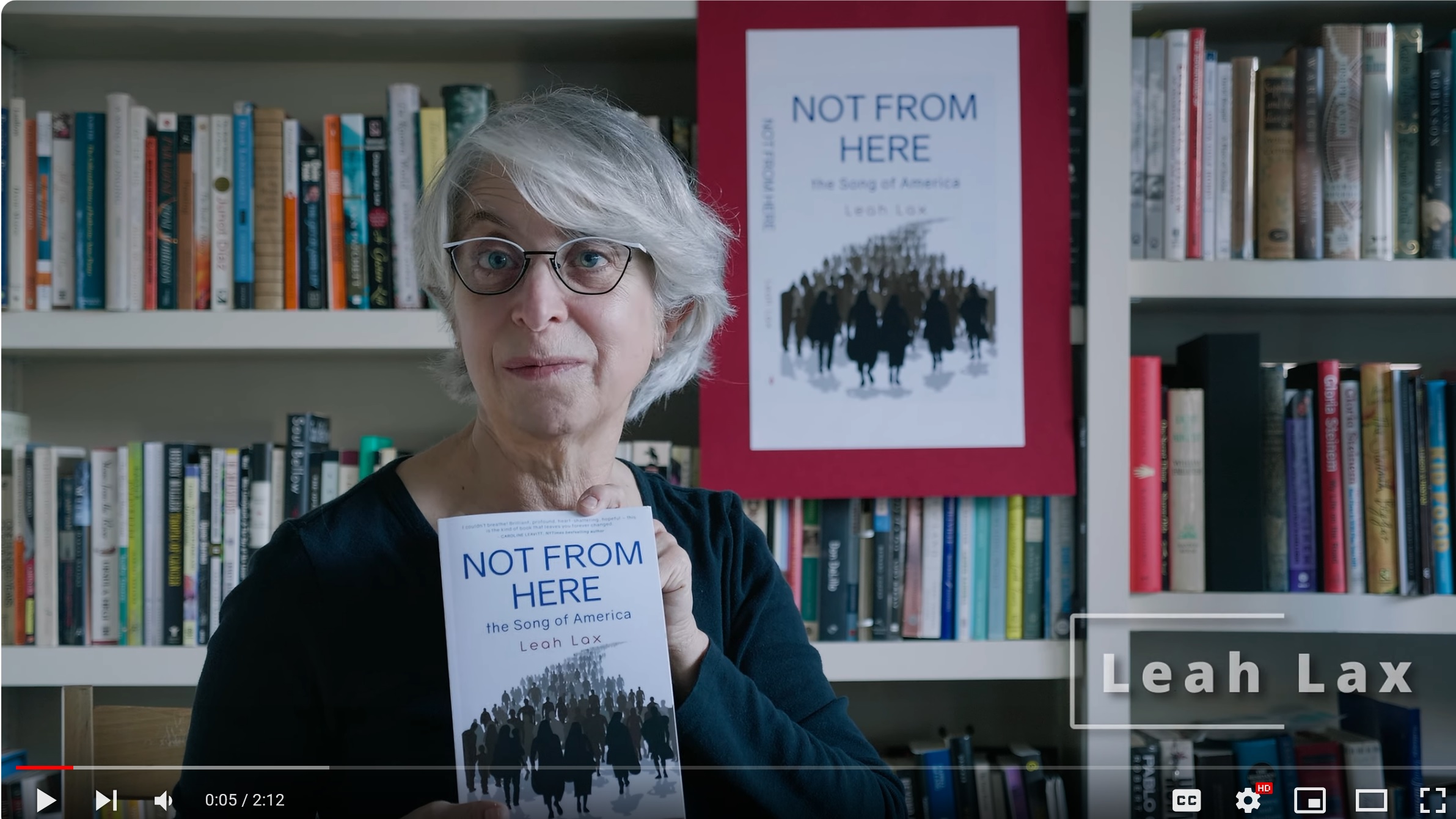 Not from Here: The Song of America
Not from Here: The Song of America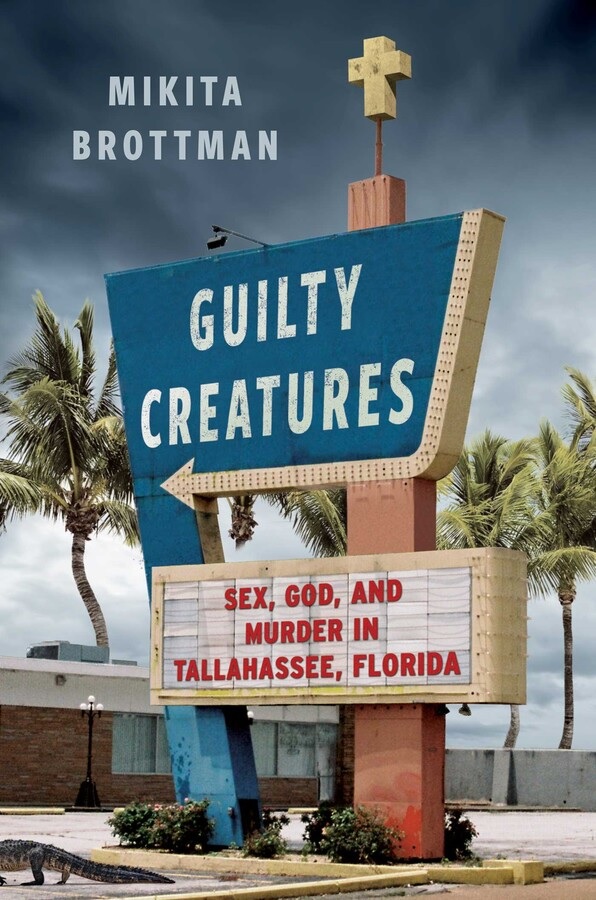 On December 16, 2000, 31-year-old real estate appraiser Mike Williams left his Tallahassee, Fla., home to go duck hunting on nearby Lake Seminole. He never returned to his wife, Denise, and daughter, Anslee, but it took nearly 17 years to uncover the shocking story behind his death and its aftermath.
On December 16, 2000, 31-year-old real estate appraiser Mike Williams left his Tallahassee, Fla., home to go duck hunting on nearby Lake Seminole. He never returned to his wife, Denise, and daughter, Anslee, but it took nearly 17 years to uncover the shocking story behind his death and its aftermath. 